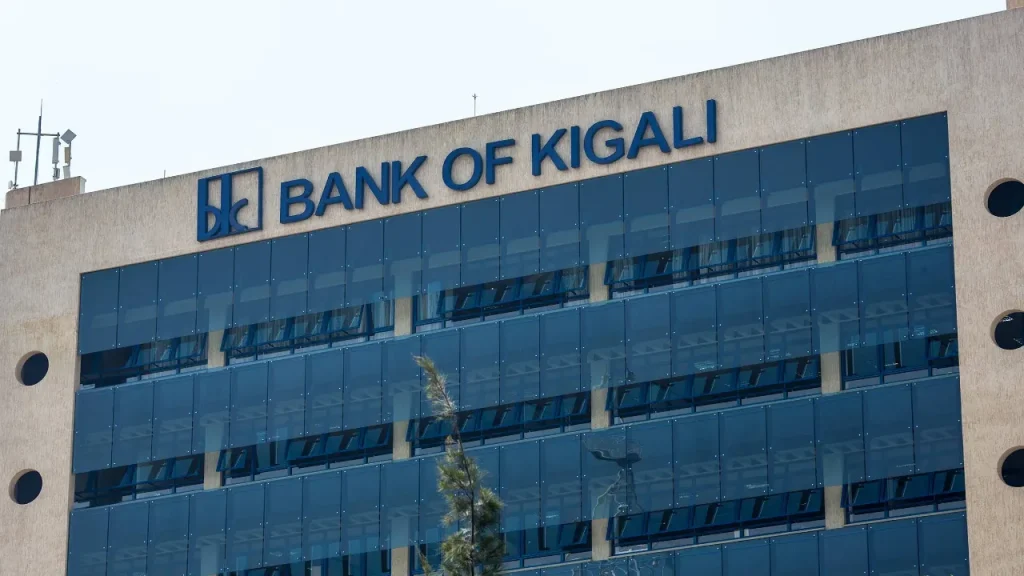- Bank of Kigali is Rwanda’s largest commercial bank.
- It offers retail, corporate, and digital banking services.
Banking services and operations
Bank of Kigali was established in 1966 and has since grown to become Rwanda’s largest commercial bank. The bank provides a broad range of financial services tailored to individuals, businesses, and institutions. Its retail services include current and savings accounts, personal loans, mortgages, and digital payment options. Corporate banking services cover business accounts, working capital finance, trade finance, and investment support.
Bank of Kigali also operates a treasury department offering foreign exchange services and money market instruments. Over the years, the bank has expanded its presence with branches, ATMs, and digital platforms to serve clients across the country. It invests in financial technology to improve customer experience and operational efficiency. The bank’s continuous service innovation supports Rwanda’s wider financial inclusion goals and enhances access to reliable financial solutions.
Also read: Vitel Wireless: Nigeria’s first MVNO with dedicated number series
Also read: FieldBase: African maritime connectivity specialist
Growth, structure, and market presence
Bank of Kigali is listed on the Rwanda Stock Exchange and has a significant presence in the financial sector. The bank’s ownership includes institutional investors, government holdings, and private shareholders. Its governance structure follows regulatory standards set by the National Bank of Rwanda. The institution continues to adapt its strategy to align with Rwanda’s economic priorities, including digital transformation and private sector growth.
Bank of Kigali has launched mobile banking and online platforms to reach both urban and rural customers. Its partnerships with fintech companies and international organisations support expansion into new services and markets. The bank’s financial performance reflects its strong position in Rwanda’s economy. It remains a key driver of capital mobilisation, investment financing, and digital banking innovation. Its resilience and adaptability make it a central institution in the country’s banking industry.

